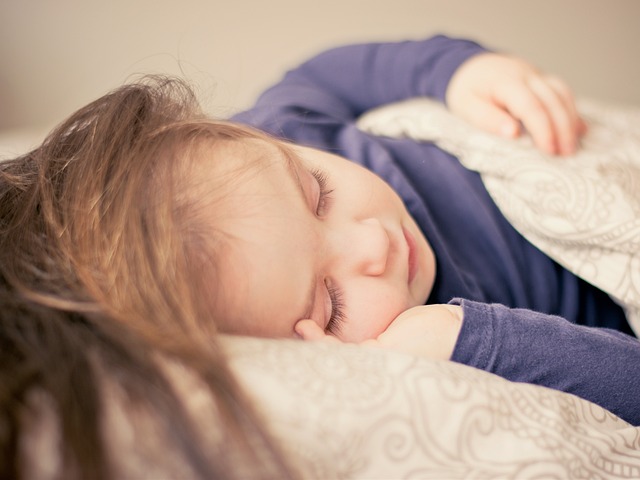With spring just around the corner many people start looking forward to daylight saving time and longer days. Giving up the hour of sleep to gain an additional hour of sunlight seems a small price to pay. An hour for one night will make little difference to our day however, with most people already considerably sleep deprived, even an hour lost is significant.
Many health problems have been linked to sleep loss: weight gain, bad hair and skin, joint pain, low energy and inability to focus, high blood pressure, moodiness and depression and an increase in viral and bacterial infections. Studies are showing that children today are just as susceptible to the stresses of sleep deprivation as their parents and with increasingly busy lifestyles they’re showing the effects too.
How much sleep do children need?
Up to 9 months: 14 -15 hours including naps
9 months – 2 years: 13 – 13.75 hours including naps
2 – 3 years: 12 hours (11 hours at night and 1 hour nap during the day)
3 – 5 years: 11.5 hours at night
5 -8 years: 10.5 – 11 hours
8 – 11 years: 9.75 – 10.25
11 – 14 years: 9.25 – 9.5
14 -16 years: 8.5 – 9 hours
16+ years: 8.5 hours
It’s important that children (and adults) create a bedtime structure to help ensure a good night’s sleep. Try going to bed the same time every night during the week and within an hour of that time on weekends. Following a bedtime routine that is calming such as taking a bath and reading or being read to and not watching television within an hour of bedtime can help children wind down after a busy day. Using the bed just for sleeping, not doing homework or playing games can help to train the body to associate being in bed with sleeping.
Diet can also play a key role in getting a good night’s sleep. The foods themselves will not make you sleep but certain nutrients in foods can interact with your body and can help to start the sleep process or maintain it. The most commonly known nutrient is tryptophan. Tryptophan is an essential amino acid that cannot be created by the body but must be eaten. Tryptophan is a building block for serotonin. Serotonin is a neurotransmitter that produces feelings of relaxation and calmness which can help with the sleep process. Tryptophan is found in most protein based foods. Some foods that boost serotonin and create calmness are: almonds, dairy products, pasta, potatoes, whole grains, and turkey.
While it’s important to finish your last meal of the day 3 or 4 hours prior to bedtime, going to bed hungry elevates levels of the stress hormone cortisol which can keep you awake. A small bedtime snack can create a calm and relaxing effect when eaten about an hour before bedtime. Some great ideas for bedtime snacks are:
• a small piece of whole wheat bread and nut or seed spread
• a bowl of oatmeal with milk and banana
• yogurt with banana and granola
• English muffin with cream cheese
• ½ cup whole wheat pasta with cottage cheese
Sleep is essential for health and with simple strategies; good, consistent sleep will help to ensure your child’s proper mind and body development.


